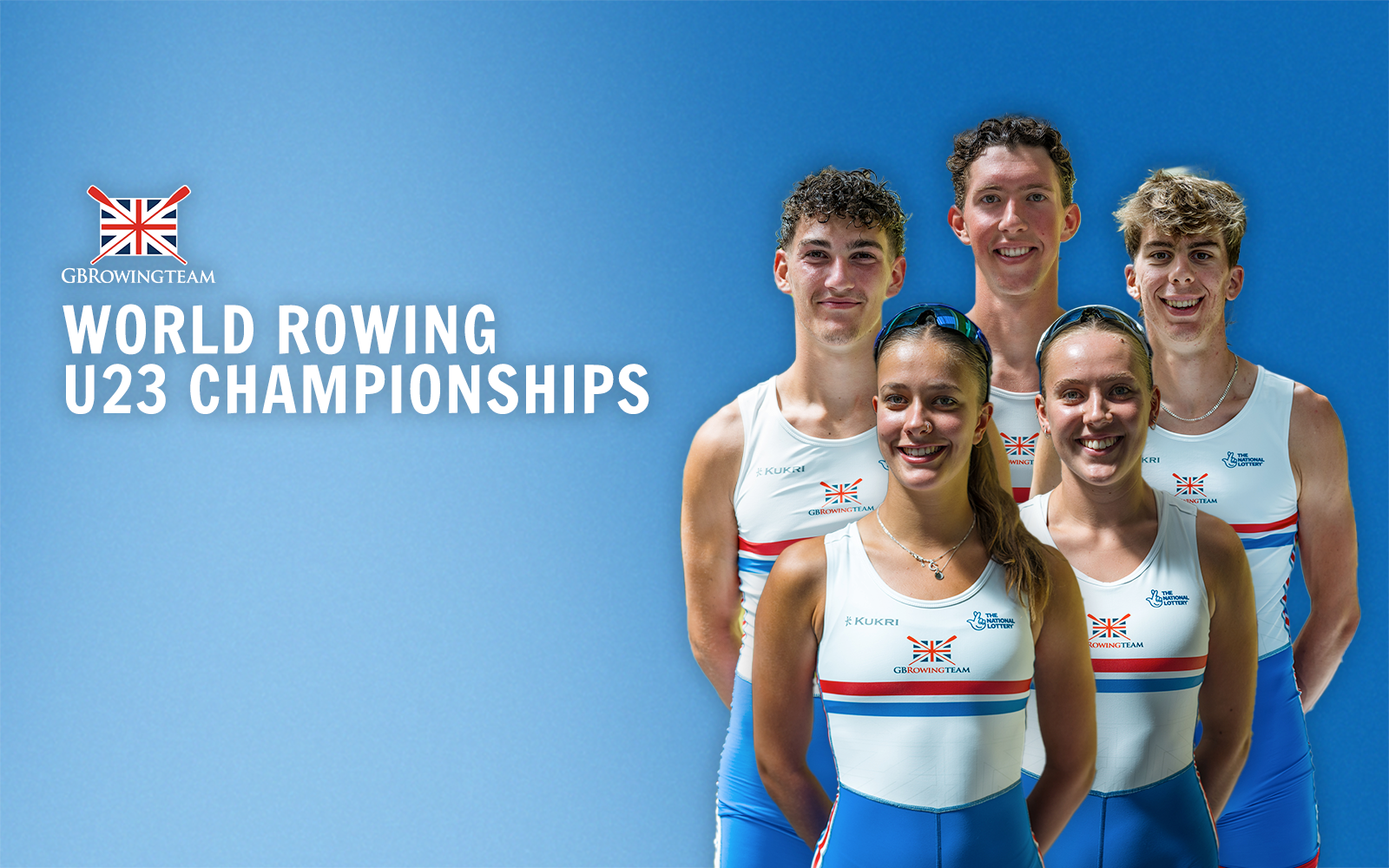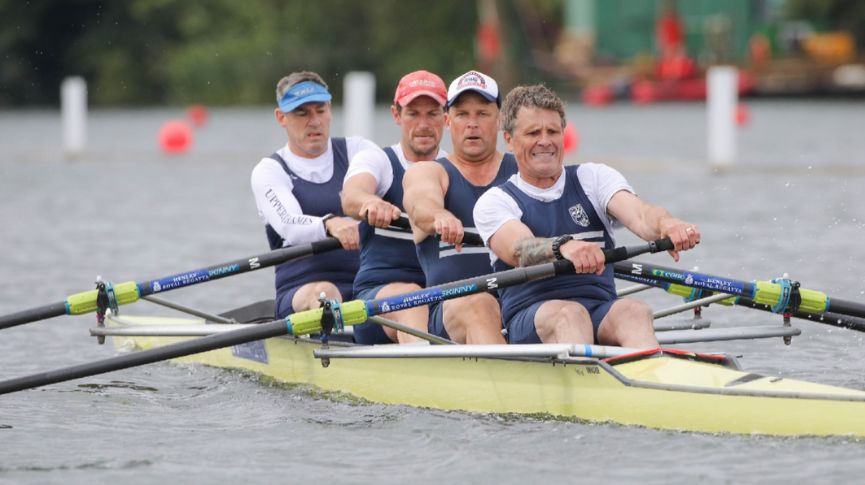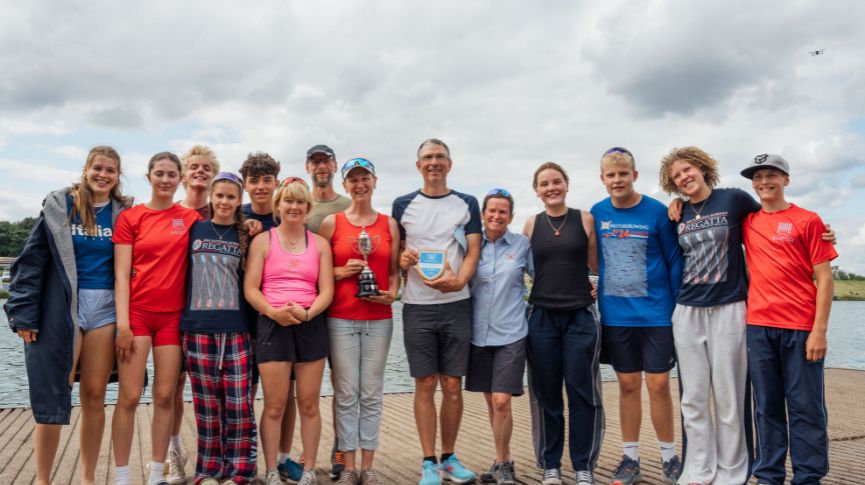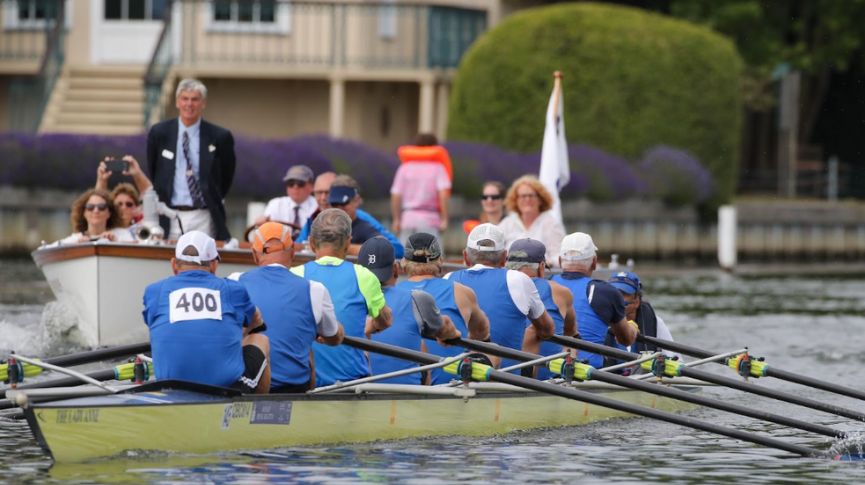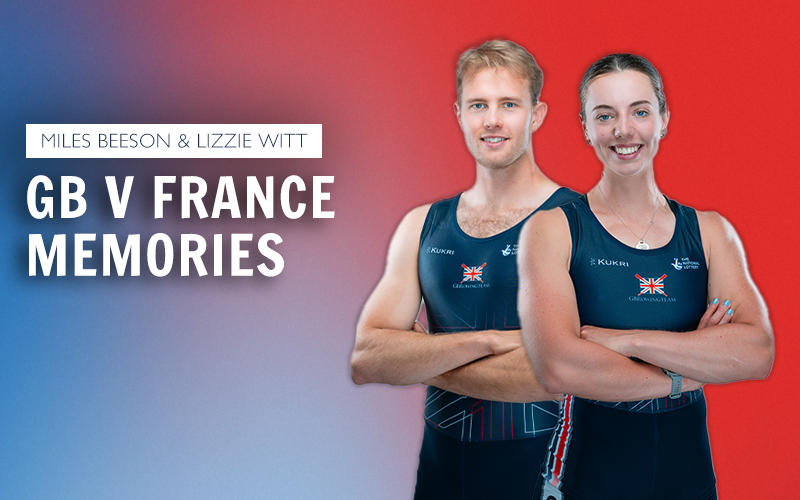Is coaching an art or a science?
It’s an age old question, on which few people agree. Here, six coaches explain whether they think coaching is an art or science
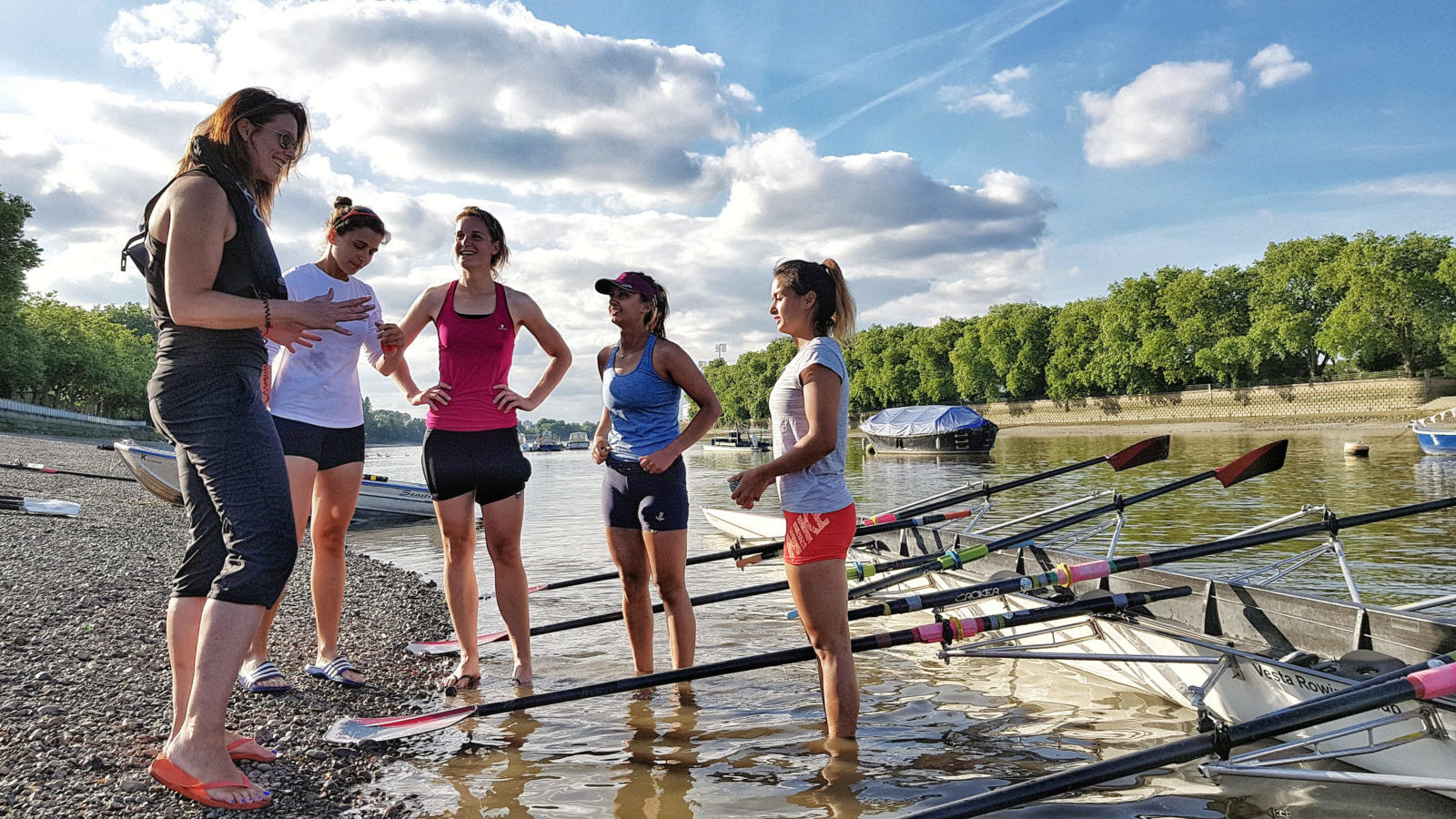
(Photo: Stuart Gordon)
We asked coaches from across the country to join in the hotly debated question: is coaching an art or a science?
Phil Latka, coach – Boston RC
“Both. However with only a knowledge of the science you will not progress very far. The moment we add people in to the equation it becomes an art form.
“I have found that the people who row beautifully with grace and poise, feel the benefit of rowing balanced and at full length. They appreciate the sounds, feel and even the patterns of the boat and blade movement.
“Often I find that these people are musical or dancers or gymnasts – all of whom need an understanding of timing, working together and fluidity of movement. These attributes are successful on an individual basis, but when they are combined in a crew scenario they can become even more powerful.”
Jane Giddins, chairman – Minerva Bath RC
“I would say both. You need to know the technique and be good at analysing what needs to be fixed. However, how you make that fix is definitely an art. Finding the right words, the right demonstration and the right drill to solve a problem can require real creativity.
Rachel Hooper, club captain – Northwich RC
“I’d say the pendulum swings 70% to it being an art and 30% a science.
“There are an increasing number of coaching theories in the world of academia, as I discovered as part my UKCC level 4 studies. However, these theories simply do not work in practice without understanding the art of how people work.
“What one athlete picks up easily may be a real challenge to another. Understanding the whole athlete both down by the river and in the rest of their lives is important as well. You need to know what other pressures they are facing. Unless you understand what works for your athletes then no amount of science is going to help them improve!”
Vicky Parry, chairman of the Eastern Region Coaching Committee – Isle of Ely RC
“It is both of course but, as a scientist, I am going to say a science. I encourage the coaches I work with to be objective and record and analyse data to build up a picture of their athlete or crew. The data can then be used for feedback and improvement for the crew and for the coach.”
Steve O’Connor, CEO – Fulham Reach BC
“For me coaching is both an art and a science. If it was purely just a science then anyone could read a textbook on how to row and reach their maximum boat speed.
“The art of coaching is being able to change the delivery of your message based on who you are working with at the time. Some people need to be pushed, some people need to be supported and the art is being able to recognise what works best for each individual and switching your style to suit.”
Chris Whitehead, learn-to-row course leader – City of Sheffield RC
“It has to be a hybrid of the two. The relationship with the crew is clearly pivotal and that is an art. But, at the top of the sport, telemetry and biodynamics are increasingly being used to analyse performance in minute detail and at grass roots level a bit of engineering knowledge comes in handy.”
Why not add another string to your bow in 2018? Take a look at the variety of coaching courses offered by British Rowing.


